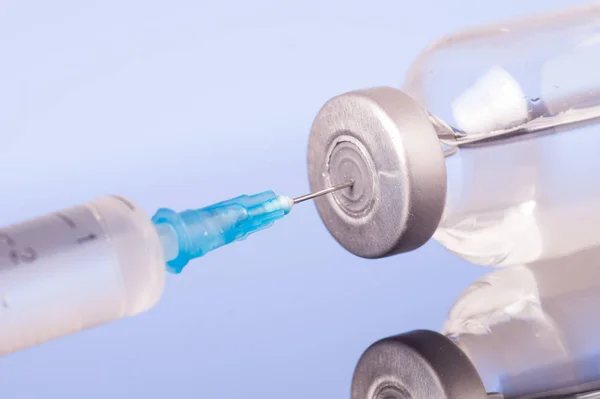Worms May Dampen COVID-19 Vaccine’s T Cell Response in Some People – Researchers have found that infection with certain intestinal worms, called helminths, may weaken the T cell response to COVID-19 mRNA vaccines in mice. This suggests that people infected with these worms may not get the full benefit of the vaccine.
Over 25% of the world’s population is infected with helminths like hookworms, whipworms, and roundworms. Usually asymptomatic, these worms can persist in the gut for years.
In immunocompromised individuals and children, they can cause significant health problems.
Helminths have been shown to weaken immune responses to other vaccines, but their effect on COVID-19 vaccines was unknown.
The Study
Mice were infected with Heligmosomoides polygyrus bakeri (Hpb) at different times before and after receiving an mRNA vaccine for COVID-19.
While antibody responses were similar in infected and non-infected mice, T cell responses were significantly weaker in infected animals.
This reduced T-cell response also occurred with a different type of COVID-19 vaccine.
Infected mice, though protected from severe illness from an earlier SARS-CoV-2 strain, showed increased viral load and weight loss when infected with the Omicron BA.5.5 variant.
Key Findings
T Cell Response:
- Helminth infection weakens the T cell response to COVID-19 mRNA vaccines in mice.
- This effect is independent of whether infection occurs before or after the first dose.
- Weakened T cell response may compromise protection against certain COVID-19 variants like Omicron BA.5.5.
- The suppression likely involves helminth-induced release of the molecule IL-10.
Antibody Response:
- Helminth infection did not significantly impact antibody response to COVID-19 vaccines in mice.
Overall Protection:
- Infected mice were still protected from severe illness from an earlier SARS-CoV-2 strain despite weakened T cell response.
- However, protection against Omicron BA.5.5 was compromised in infected mice. Study source
Implications
People infected with helminths might need additional boosters or alternative vaccination strategies. More research is needed to understand how helminth infection affects human COVID-19 vaccine responses. Considering helminth infection status might be important for optimizing vaccination strategies in some regions.
ALSO READ: Gut phages may be involved in the development of asthma – Study









